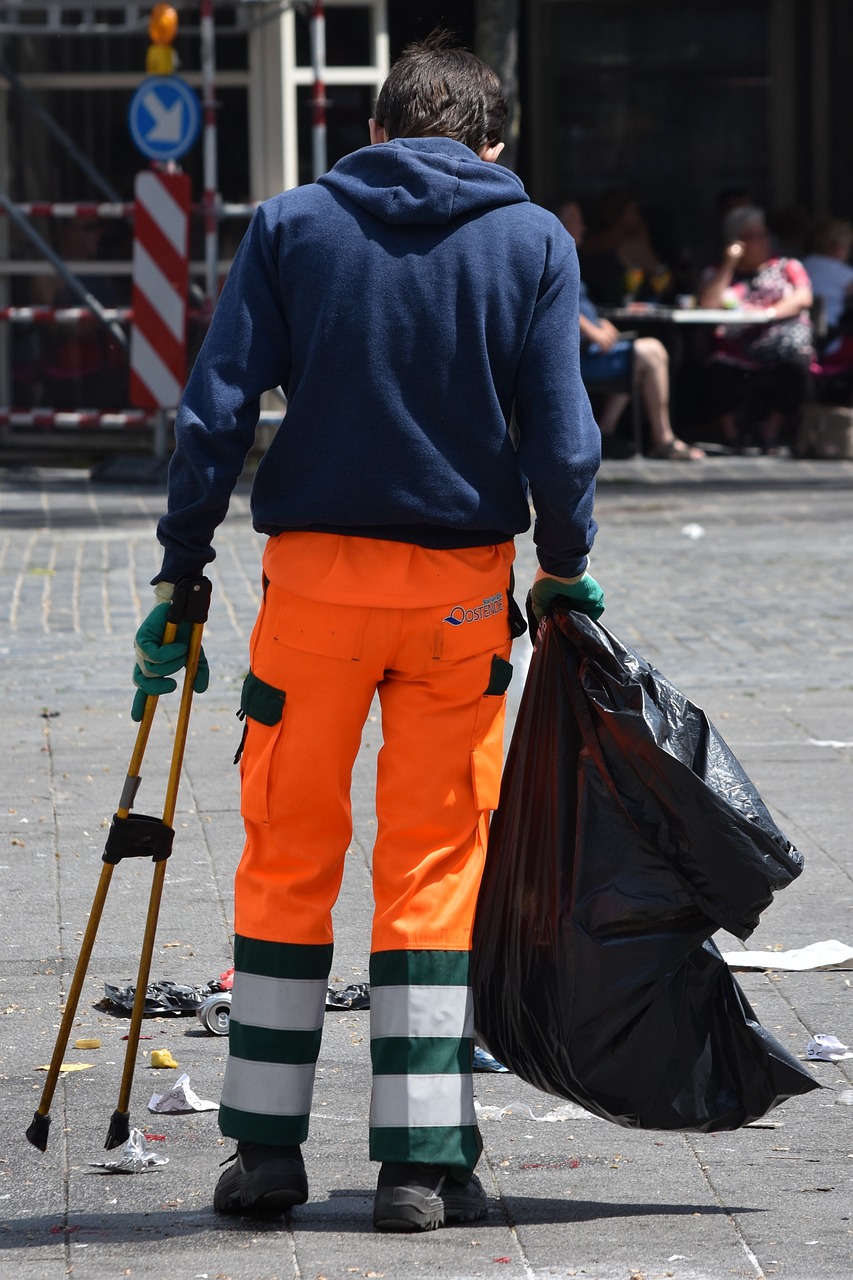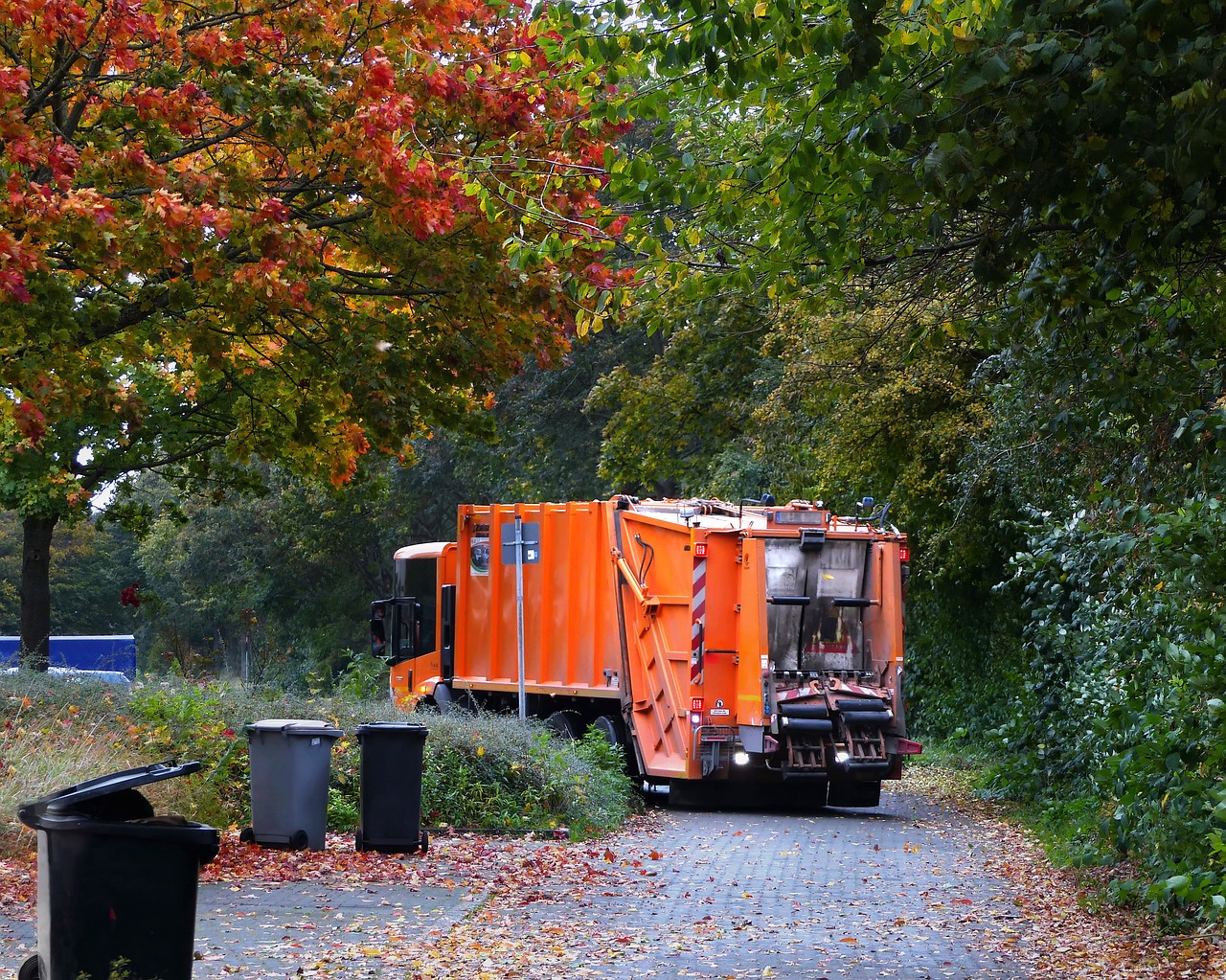Effective waste management requires commitment, planning and cooperation with the community and stakeholders involved.
ELTE Group has been working with waste collection companies for years, adapting current solutions and creating new ones to meet the changing requirements of cities and municipalities. Together with our partners, we grow by exchanging knowledge and experiences.
Given the wide range of waste management approaches, the following areas can be distinguished:
Planning and infrastructure:
Effective waste management begins with proper planning. Local authorities often create coherent waste management strategies that take into account aspects such as segregation, recycling, composting, and landfilling. Investment in appropriate infrastructure (including landfills and treatment facilities), is key to implementing these strategies.
Education and public awareness:
An important element of effective waste management is educating the local community. Authorities are increasingly organizing educational campaigns of various scales to inform residents about proper practices for segregating, recycling and avoiding excessive waste generation. Raising public awareness can significantly improve recycling rates and the level of cleanliness of cities.
Waste collection and take-back systems:
Efficient waste collection and transportation systems are key to maintaining cleanliness and order at residential homes and public places. Authorities providing adequate separation containers and scheduling regular collections of their contents increase the efficiency of the waste collection process. The ability to separately collect different types of them facilitates their further treatment and processing.
Often third-party municipal companies are in charge of collecting waste from residents. How this process is to be carried out and how the work is to be reported are specified in the provisions of the tender documents announced by local authorities.
Waste minimization, recycling and processing:
Local authorities can be proactive in minimizing waste generation. One method is to make legislative changes. An example is the recently signed SUP law, which is the introduction of additional fees for dispensing single-use plastic packaging and kitchen accessories in the food service industry. Education programs and financial concessions motivate residents to reduce the purchase of packaging and single-use products. Supporting initiatives to replace items, repair or reuse also can help reduce waste.
Currently, municipal waste accounts for 27% of all waste generated in the EU. The set target is up to 10% by 2035.

Supporting recycling processes and waste processing is an important part of sustainable management. Authorities can cooperate with recycling companies, providing recyclables to industry. Introducede mandatory recycling systems binds all residents and businesses by law.
Technological innovations:
Waste collection management systems fully integrated with vehicle-mounted equipment are already standard in most cities. Increasing digitalization, changing requirements of cities and municipalities, and the need to optimize time and costs are resulting in new implementations and the search for innovative solutions.
Automatic RFID container identification systems,fill sensors or the use of dynamic scales placed on the lift of a garbage truck are just a few examples of solutions that optimize waste collection. On the other hand, image recording systems from cameras located on the garbage truck or at the drop-off space detect waste collection irregularities (such as unauthorized drop-offs). This significantly improves the quality of services provided and, for many companies, provides a basis for billing. GPS monitoring mounted in fleet vehicles is an excellent way to obtain information about the position of the tracked object, which contributes significantly to optimization of routes. This solution can effectively eliminate downtime and significantly speed up the process of waste collection and transportation.
Source:
https://www.rp.pl/handel/art38516931-ustawa-o-sup-weszla-w-zycie-znikna-plastiki-wejda-nowe-oplaty
